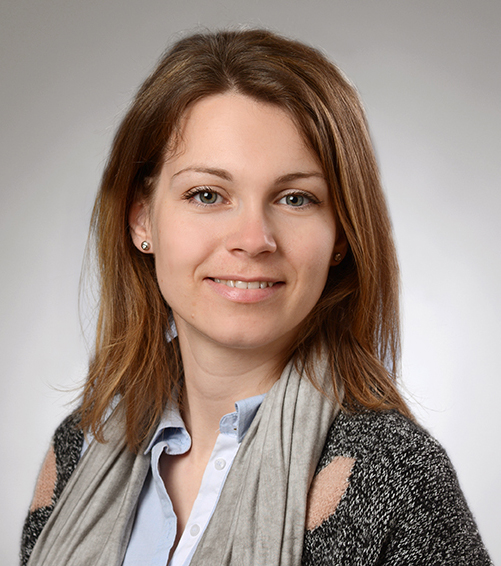Tarek is 24 years old and comes from Syria [1]. He has been living in Germany for about a year-and-a-half and speaks basic German without an accent. When I met him at the language institute, he showed a shy smile but was confident in answering my questions. Before moving to Europe from Turkey, where lived with his parents for two years, he confessed he didn’t know anything about Germany, not even how to say “Hello”. Yet he has made great strides in the language, taking the language test for the B1 level [2] after 900 course hours.
Tarek is one of the 15,477 young people who enrolled in one of the nationwide Youth Integration courses in 2016 [3]. These education courses are part of an integration programme financed by the German Federal Office for Migration and Refugees (BAMF), aimed at promoting the socio-economic inclusion and participation of immigrants. The Youth Integration courses address the special target group of young adults up to 27 years old and consist of two parts: a language course of 600 hours and a civic education course, called “orientation course”, of 300 hours.
Fostering active citizenship through language skills and civic competences
Education initiatives and programmes targeted at vulnerable people are primarily designed to provide them with essential tools to cope better with the difficult situations and circumstances they are facing. The migrant and refugee target group can also be defined as vulnerable to the extent that they cannot benefit from the same opportunities and means as other members of society. They are structurally at risk of exclusion and therefore adult education could offer them valid support.
The recent policy debate on integration in Germany has been enriched, shifting from a paradigm of integration conceived as a progressive assimilation of newcomers into the country’s society, to a concept of active and democratic participation of its new members. In European policy documents, it is explicitly stated that education can foster active citizenship, in particular through language learning and through the development of civic competences.
An intercultural experience
According to Tarek’s experience, the language course was fundamental in helping him to lay a foundation for the German language, although fluency can only be gained by exercising the language through direct contact with German-speakers. He was enthusiastic about the orientation course as well, appreciating the value of the freedom of expression as the sine qua non of being active in life. It is evident that the ability and the opportunity to communicate are pivotal tools for inclusion.
Tarek stressed that attending a Youth Integration course is also a valuable intercultural experience: young people coming from diverse countries, with some common challenges, experience social interaction, exchange and companionship. The courses generate a positive externality, neither directly detectable nor predetermined: namely, the development of cultural awareness and intercultural understanding.
One important factor for these positive outcomes is the setup of a supportive social assistance network of over 450 Youth Migration Services. They provide young refugees and migrants with all the primary services they need upon arrival in Germany and offer individual counselling in different languages. The cooperation of multiple actors and the commitment of professionals are, in fact, of prime importance for helping young refugees and migrants feel welcome in their new home country.
Francesca Endrizzi interviewed Tarek in the framework of the European project EduMAP – Adult Education as a Means to Active Participatory Citizenship. In the current field research phase, DVV International is identifying and accessing successful educational practices that promote active participation among young adults at risk of social exclusion.
[1] The name of the respondent has been replaced with a pseudonym for maintaining anonymity.
[2] The Common European Framework of Reference for Languages (CEFR) describes language ability on a scale of levels from A1 for beginners up to C2 for those who have mastered a language.
[3] Bundesamt für Migration und Flüchtlinge (2017): Bericht zur Integrationskursgeschäftsstatistik für das Jahr 2016. Retrieved from http://bit.ly/2vs8Yxj



